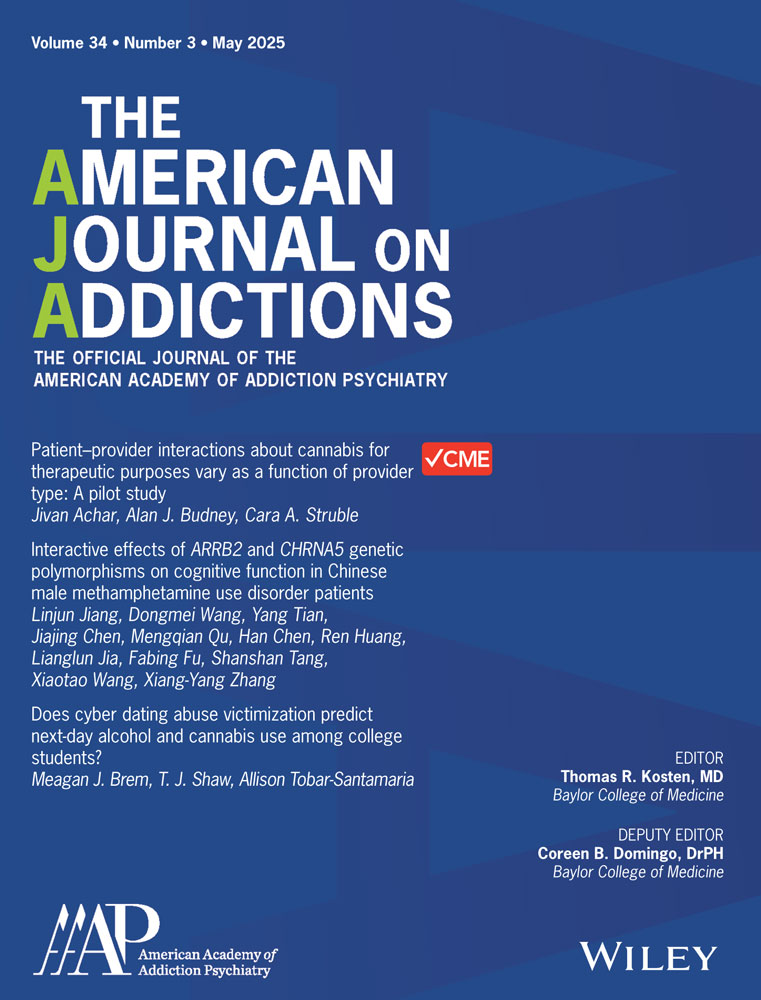Severe gamma-hydroxybutyrate withdrawal with delirium, hemodynamic lability, and rhabdomyolysis: A case series
Abstract
Background and Objectives
Gamma-hydroxybutyrate (GHB) use is clinically important in both the settings of overdose and withdrawal. GHB withdrawal varies in severity, and although mild cases can be managed outpatient, there are a range of presentations that include progression to severe withdrawal that require inpatient hospitalization.
Methods
We report a case series of two patients with severe GHB withdrawal who experienced complications of delirium, hemodynamic lability, and rhabdomyolysis and describe the treatment of these two cases of complex withdrawal.
Results
The first patient was successfully treated with a combination of a benzodiazepine taper and symptom-triggered benzodiazepines with baclofen as an adjunct. The second patient had more severe symptoms and required intubation with a midazolam infusion, dexmedetomidine infusion, phenobarbital, baclofen, and a combination of a benzodiazepine taper and symptom-triggered benzodiazepines.
Discussion and Conclusions
This case series highlights the potential complications of GHB withdrawal including delirium, hemodynamic lability, and rhabdomyolysis. Although rare in the United States, those working in addiction should have familiarity with the clinical course and complications of severe GHB withdrawal.
Scientific Significance
As one of the few detailed reports on severe GHB withdrawal and its potential complications, our findings extend the current body of literature by detailing the successful application of a multi-modal treatment of severe GHB withdrawal.
CONFLICT OF INTEREST STATEMENT
The authors declare no conflicts of interest.




